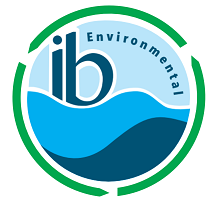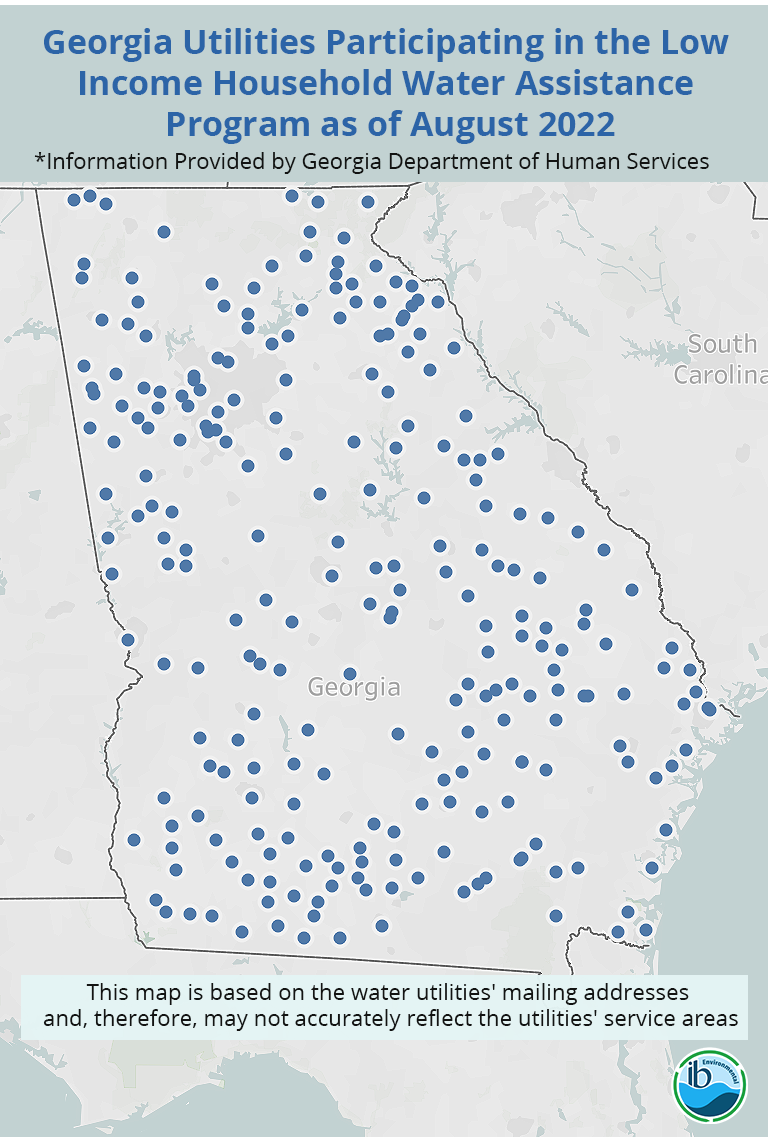An inventory to identify the service lines in water systems across the country has a deadline of October 2024, as set by the U.S. EPA’s Lead and Copper Rule Revisions (LCRR). Most water utilities, aside from Transient Non-Community Water Systems, must provide service line inventory information by the October deadline, which will eventually be used in efforts towards a correction to our water infrastructure nationwide: replacing the lead service lines of the past. Water providers now have a directive towards a water-infrastructure future without lead. But, how long has lead been associated with water pipes?
Read MoreThe Low-Income Household Water Assistance Program (LIHWAP) emerged as a pivotal but temporary initiative to aid low-income households with their water, wastewater, and stormwater bills. This historic program was the first federal program of its kind to assist with water bills, and was created in the wake of the COVID-19 pandemic. What would its termination now mean?
Read MoreDuring the COVID-19 pandemic, the Low-Income Household Water Assistance Program (LIHWAP), a temporary relief program, was created and funded. This was the first time that an assistance program, specifically for water, had been created. Congress appropriated $1.13 billion under the Consolidated Appropriations Act of 2021 and the American Rescue Plan Act of 2021. Georgia received $37,173,132 to launch its LIHWAP program. As of June 30, 2022, 282 water utilities in the state are participating in the program that helps customers with their water bills. Is it too late for your utility to be one of them?
Read MoreGeorgia has about 1.5 million septic tanks, with many of them being over thirty (30) years old. This is about the timeframe when many septic tanks begin to fail. Septic tanks are no longer considered a temporary solution until public wastewater infrastructure takes over. In fact, each year, in the sixteen-county metro Atlanta area alone, at least 12,000 new septic tanks are installed. With so many Georgians spending more time in their own homes due to the pandemic, there has been more pressure on these septic systems. What are the repercussions from this, and what does it cost?
Read More



